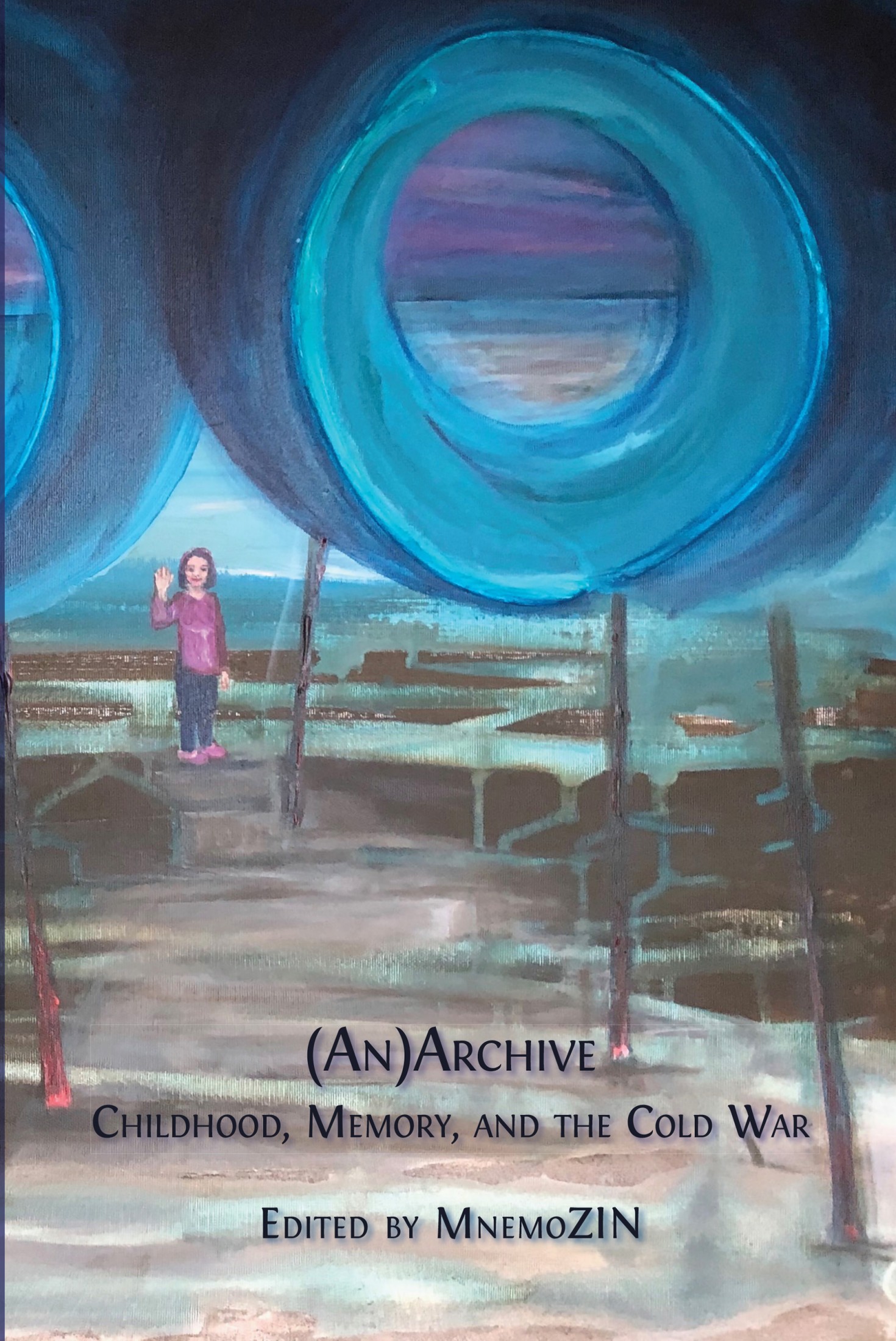Diasporic Knowledges in Central Asia: (Re)membering in Jeong1
© 2024 Olga Mun, CC BY-NC 4.0 https://doi.org/10.11647/OBP.0383.17
I wrote this poem based on my impressions and participation in the Reconnect/Recollect project as it has inspired me to conduct more considerate research. From the project’s inception, all research participants were involved in designing research focus and methods, which ensured the project design to be inclusive. The principal investigators, though formally having a leadership status, very attentively considered the intertwined personal and professional circumstances and contexts of the participants. For instance, at the time of the workshop in Helsinki, I required a Schengen visa to visit Finland. Such bordering practices frequently prevent me from participating in international conferences as visas increase the cost of attending academic events. In this project, however, visa costs were covered at the initiative of the organising team, welcoming my participation.
Furthermore, the project has invited the participants to rethink how we engage with our childhood memories. It has profoundly impacted me to reevaluate and take my own childhood experiences seriously and highlight my own diasporic memories and Korean culture, which in Central Asia is sometimes referred to as Koryo-saram traditions, as valuable. Hence, the name of the poem is Jeong, referring to a Korean philosophy of relatedness and kindness to human and non-human objects, such as nature. In our earlier work, we have theorised jeong in the context of South Korean higher education, but I argue that jeong can be helpful in rethinking many more social processes to make our research designs inclusive to both human and non-human actors in many geographical contexts (Mun and Min, 2022). Since in the current workshop we were inspired to actively consider the environmental impact of our research through this project, we were encouraged to travel by train to minimise the harmful impact of air travel, for instance, I decided that jeong would be the most meaningful lens to reflect on my experience.
Memory Workshops in Jeong
In the age of equity nationalism in higher education
liberatory meetings
provide a space for contemplation
and tranquillity.
Walking together on a cold day in Helsinki,
and experiences
opened windows to rethink the future.
At the workshop
the aesthetics of formalism and status hierarchies
blurred over-time
creating space
for participants to remember
they are more than academics and artists divided by borders
Borders
between nature and humans.
Borders
between the past and the future.
Borders
Between disciplines,
vocations,
age,
and geographical belonging.
Jeong is a Korean philosophy of kindness.
To me, the workshop was
a workshop in jeong,
a workshop in kindness, humility and humanity.
As a doctoral researcher, I was grateful to participate in the research project where it was highlighted that the knowledge-production process is complex, contested, and socially constructed. In an age of climate change and post-Brexit Britain, I found the project liberatory in a sense that participants have had the freedom to define their own topics, choose collaboration groups, and participate in collective writing regardless of career-stage hierarchies and professional positionalities. Finally, underrepresented scholars, regardless of their nationalities, were given all necessary support without adding the emotional labour and material burden on academics and artists of colour themselves, which sets an example for future decolonial and feminist research as a practical guideline for conducting inclusive research.
Reference
Mun, O. and Min, Y. (2022). ‘Global Public Good in Korea as Jeong.’ In S. Marginson and X. Xu (eds). Changing Higher Education in East Asia (pp. 33–50). London: Bloomsbury Academic.
1 This is a childhood memory produced as part of the Reconnect/Recollect project discussed in the introduction to this book.
